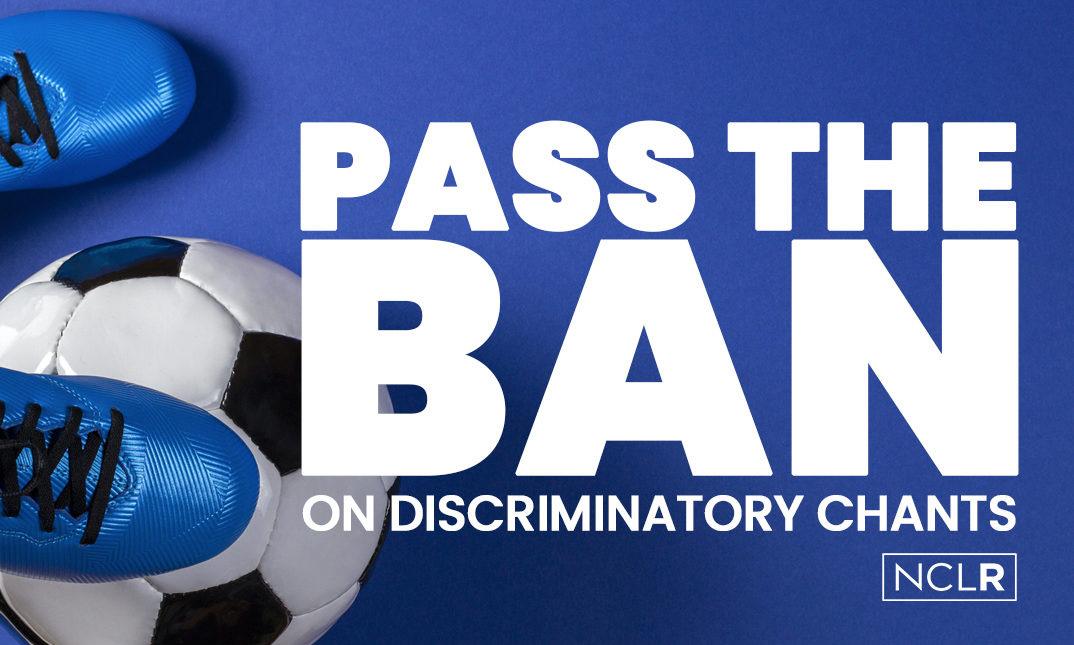
2 minute read
FEATURE LGBTQ+ SPORTS ORGANIZATIONS
BY JASON SMYTHE
Athlete Ally
Athlete Ally believes that everyone should have equal access, opportunity, and experience in sports — regardless of your sexual orientation, gender identity or gender expression. Our mission is to end homophobia and transphobia in sport and to activate the athletic community to exercise their leadership to champion LGBTQI+ equality.
Athlete Ally is proud of our history in working to create LGBTQI+ inclusive athletic environments, and of our efforts to mobilize athletes, teams and leagues to use their platform to champion equality. Learn more about our work throughout 2021 in our 2021 Annual Report.

Some of our recent victories have included:
Creating the landmark campaign, Principle 6, which successfully lobbied the International Olympic Committee to include sexual orientation in the Olympic Charter.
Co-authoring the NCAA’s first-ever policy and resource guide on LGBTQ issues for all coaches, athletes, and administrators.
Working with the NBA, NCAA, and ACC on their historic decisions to move the competitions from North Carolina in the wake of anti-LGBTQ law HB2.

Launching the historic Athletic Equality Index: a first of its kind ranking of the LGBTQ inclusiveness of collegiate athletic departments. www.athleteally.org
Hudson Taylor was a rare breed of division one wrestler and thespian. As a three-time All-American wrestler at the University of Maryland, he was ranked 2nd in the country heading into his senior season. He was, in addition, a theatre major, and the two worlds couldn’t have been more different on the topic of LGBTQ respect and inclusion. In theatre, Hudson had friends and classmates coming out and being accepted and welcomed. But on the wrestling mat, homophobic and sexist rhetoric and actions were rampant.
To stand in solidarity with the LGBTQ community and confront the marginalization of LGBTQ people in sport, he decided to wear an LGBTQ equality sticker on his headgear. Though he encountered criticism from his teammates, he received national media attention and thousands of emails from parents and closeted athletes encouraged by his advocacy. That got Hudson thinking… if he could achieve that impact as a wrestler, in a sport that isn’t the most popular, what if he had been a football player, a team, or an entire league.
This experience inspired Hudson to launch Athlete Ally.
National Center For Lesbian Rights Sports Project
NCLR’s Sports Project aims to ensure that lesbian, gay, bisexual, and transgender players, coaches, and administrators receive fair and equal treatment—free of discrimination. Founded in 2001, the Sports Project has litigated cases on behalf of LGBTQ athletes and coaches, advised schools and athletic associations, and convened key coalitions to combat homophobia and transphobia in sports. NCLR co-founded and participates in a coalition of LGBTQ sports leaders from across the country that works to combat anti-LGBTQ bias in sports. The coalition brings together college and professional athletes, coaches, athletic administrators, political figures, LGBTQ advocates and sports organizations to examine best practices, troubleshoot common problems, and develop strategies to tackles anti-LGBTQ bias at every competition level.
www.nclrights.org
You Can Play
You Can Play Project believes that fostering athletic environments free of judgement and discrimination based on sexual orientation, gender identity and/or gender expression is crucial to keeping people safe, as well as protecting the business of sports.
They work to ensure the safety and inclusion for all who participate in sports, including LGBTQ+ athletes, coaches and fans. They achieve this by creating a community of allies that is able to foster a true sense of belonging. This becomes possible when sports teams sharpen the focus on the person’s skills, work ethic, and competitive spirit, not their sexual orientation, gender identity or expression.

83% of fans surveyed believe an openly gay person would not be safe as a spectator at a sporting event.

24% of LGBTQ youth say they play a school sport, compared to 68% of all youth.
Speaking with our partners to evolve locker room and spectator culture, consult on inclusion policies, build stronger fan engagement and increase participation in sports among LGBTQ youth. Through our work we provide safer access to sports, as well as create bridges between sports brands and the LGBTQ community.
www.youcanplayproject.org











